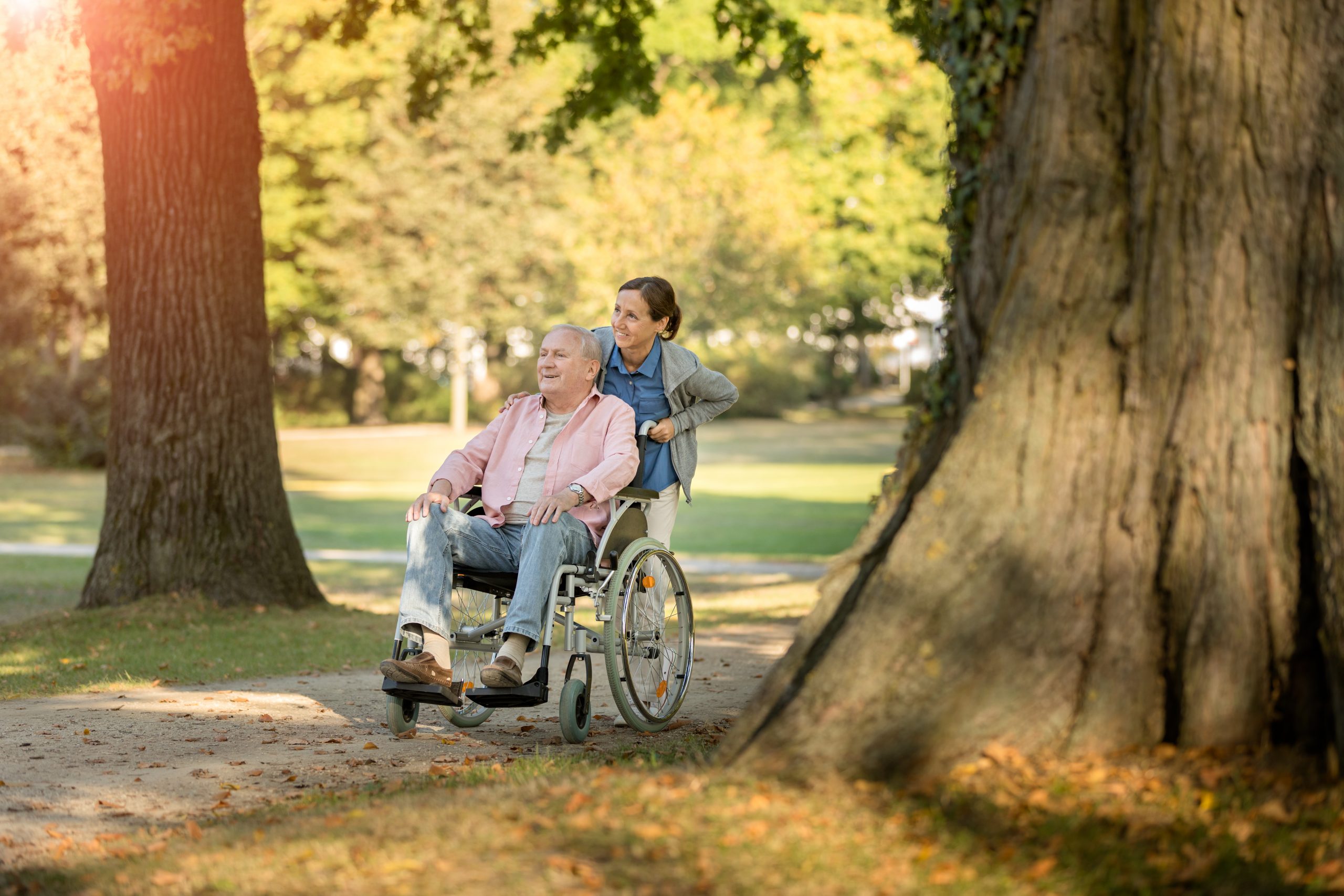Therapeutic recreation is a method of treatment surrounding activity-based interventions. This provides a way for providers to assess the distinct needs of the client to help them improve their everyday quality of life and well-being. The goal of the recreational therapist is to preserve the individual’s functioning and support their participation in everyday activities that involve things like art, music, animals, outings, and more.
Therapeutic recreation can provide a means for interventionists and providers to recognize the distinct strengths and needs of a client or consumer. The activities typically involved in this treatment model may tease out information, including how and if an individual would benefit from mobility aids adaptive devices. National Therapeutic Recreation Week offers the opportunity to learn more about recreational therapy and interventions, as well as how to access available resources.
So, what exactly constitutes recreational therapy? It may encompass a wide range of techniques and activities, including but not exclusive to, art, crafting, games, sports, music, dance, theater, animals, and field trips or outings. The underlying theory is that these activities help to restore basic function and facilitate socialization, which helps improve confidence and lower depression.
Recover and restore well-being through therapeutic recreation. Here is what you need to know:
Therapeutic Recreation Activities
Let’s expand on some of the specific activities that constitute a recreational therapy program. Activities, programs, and therapy vary; here are just a few examples:
- Painting or drawing
- Modeling with clay
- Crafting projects
- Listening to or making music
- Participating or observing sporting events and games
- Playing or watching video games
- Playing board games
- Completing puzzles
- Interaction with animals, including animal-assisted therapy
- Creative writing
- Working in the garden
- Dance
- Exercise
- Cooking
- Theater and drama
Community outings and cultural events could be integrated into a recreational therapy program, too.
Therapeutic Recreation Applications
The applications and potential of recreational therapy are vast. These activities offer benefits to clients and consumers of all ages and health. Some individuals that may be recommended recreational therapy referrals include:
- Anyone recuperating from major surgery, an illness, or an injury.
- Individuals recovering and healing after a stroke.
- Those trying to improve motor function and skills.
- Individuals trying to learn or complete ADLs (activities of daily living) without assistance.
- Those in treatment for cancer or other serious illness or condition.
- Individuals with anxiety, social anxiety, or panic disorder.
- Consumers with mood disorders, like depression or a substance abuse disorder.
- Individuals that are lonely or isolated.
Speak with your provider if you feel that recreational therapy would benefit you.
Therapeutic Recreation Benefits
So, what kind of perks and advantages can one expect from recreational therapy activities? The impacts on physical and mental well-being are impressive. Consider the following benefits:
Alleviates Depression
By participating in enjoyable recreational activities and stimulating your mind, you can lower depression and lift your mood. During an activity that you enjoy, neurotransmitters including dopamine and serotonin are released in the brain, making you feel good. Serotonin helps make you feel calm and focused, while dopamine produces feelings of motivation and productivity.
Builds Confidence
By engaging in recreational therapy, you may also build confidence. There is a feeling of accomplishment involved in many therapeutic activities, and the interactions can lead to improved self-esteem and a newfound sense of purpose.
Facilitates Socialization
Recreational therapy can combat loneliness and provide a necessary social connection for many consumers and clients. Sometimes surgery, disability, or medical issue can impact getting out and socializing. Recreational therapy provides a platform for individuals to interact and engage.
Increases Independence
A loss of independence is a fear of many growing older- and some injuries and mobility issues can affect your freedom and autonomy. Furthermore, physical limitations can impede the joy of activities that you love. Maintain independence and holistic health with recreational therapy. Talk to your doctor to learn more.
Expedites Healing
Experts report that recreational therapy helps improve and facilitate independence, particularly when recovering from an injury or surgical procedure.
Increases Stamina
The more you move and engage, the more stamina you will have later. Recreational therapy may be effective for improving overall strength but also can enhance balance, flexibility, and coordination. Over time, this can affect your level of mobility, too.
Improves Cognition
Studies show that physical activity- including recreational therapeutic interventions- can stimulate you mentally. This helps to maintain healthy brain function, particularly as you become older.
National Therapeutic Recreation Week
National Therapeutic Recreation Week is recognized each July- the second week- and has been since 1984. The National Therapeutic Recreation Society utilizes this observance to bring awareness to the numerous advantages of these types of activities. The potential is great for improving the lives of consumers with disabilities or limitations, whether these are physical, mental, or emotional. By raising awareness, the goal is that more consumers will access and benefit from these therapeutic interventions widely.
Would you benefit from recreational therapy? Talk to your providers about the benefits- as well as any area or local resources that may help with access to such offerings. To learn more about mobility aids, visit the professionals at Pacific Mobility to learn more about improving your accessibility.
President, Husband, Father, Grandfather Graduate of UC Davis- Bio Sci Major- Go Aggies! Jeff has extensive experience in all of Pacific Mobility’s products and services, and specializes in accessibility products as well as stairlifts, ceiling lifts and custom wheel chairs. His hobbies include spending time with family, gardening, mountain biking, exercising and off road motorcycle riding.
24 years as Owner/President of Pacific Mobility Center – selling, installing, and servicing stairlifts, porch lifts, ceiling lifts, pool lifts, handicap ramping, specialty wheelchairs, scooters, power wheel chairs, and other power mobility devices
Certified Environmental Access Consultant since 2008
Licensed General Contractor since 1998
Certified Aging in Place Specialist since 2016
Board Member for Home Access Professionals
Member of Association of Members of the Accessibility Equipment Industry (AEMA)




